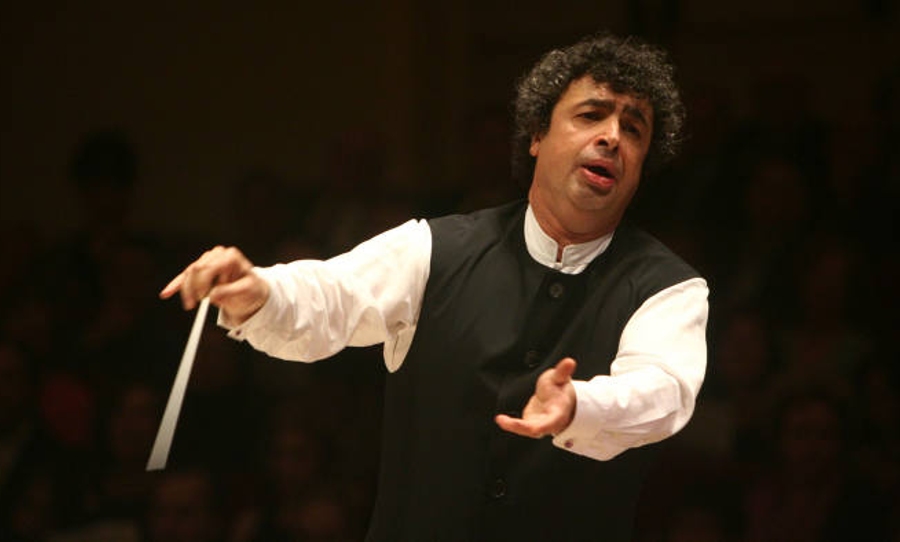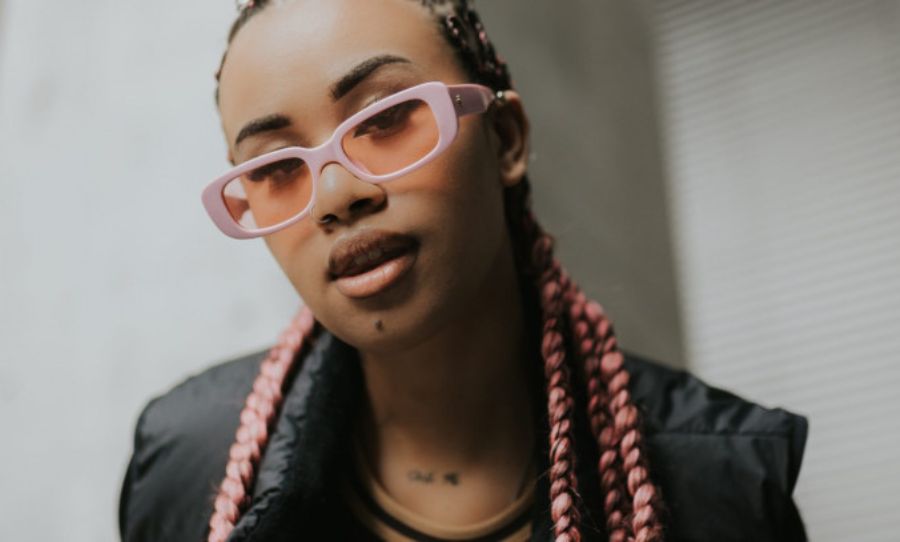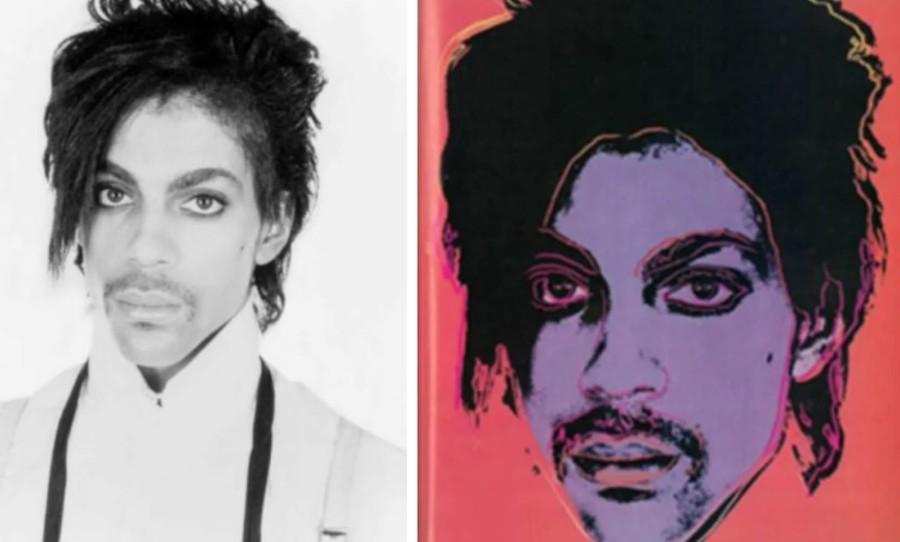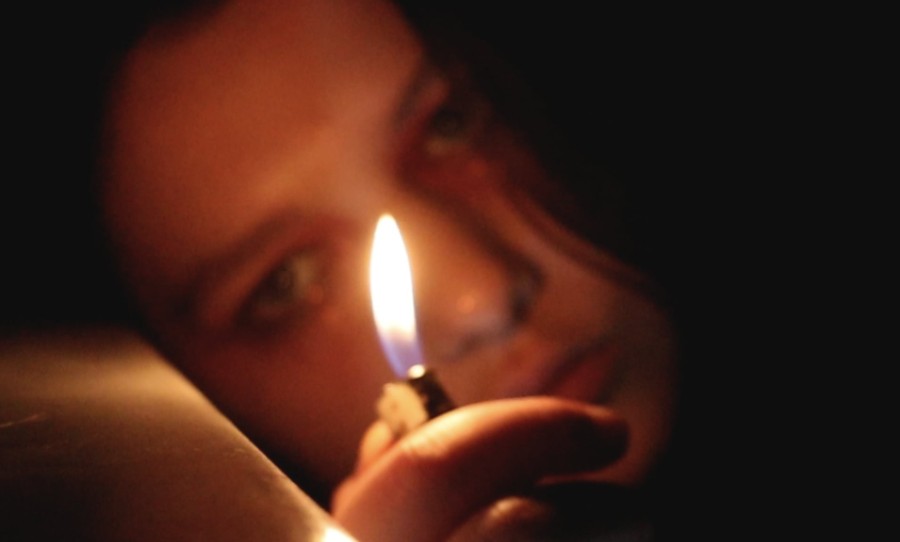As artists across the world cut ties with Russia, others have made allowances for Russian artists in an attempt to separate art from state.
Russia’s high arts heritage, ballet, classical, and popular music continues to suffer severe impact as arts organisations across the world continue to cancel appearances by performers with ties to Russian President Vladimir Putin.
Artists from Russia and Ukraine have also been actively boycotting Russian appearances, in protest of the Ukrainian invasion.

New York’s Metropolitan Opera has ceased their professional relationship with Russia, with the company’s general manager, Peter Gelb, commenting, “we can no longer engage with artists or institutions that support Putin or are supported by him – not until the invasion and killing has been stopped, order has been restored, and restitutions have been made.”
On Monday night, the Met’s orchestra and chorus performed the Ukrainian national anthem in an expression of solidarity.
One of the Met’s biggest names, Russian soprano Anna Netrebko will not perform at the New York opera house until November, after failure to vocalise her protest of Putin. She will be replaced by Ukrainian singer, Liudmyla Monastyrska.
St Petersburg born conductor, Semyon Bychov, is the current music director and chief conductor of the Czech Philharmonic and has been explicit in his repudiation of the Russian invasion.
He said, “It’s about life and death… to remain silent in moments like that, for me, is not possible. I am an artist and that is what I do. But art is not separated from life. In fact, art reflects life. It expresses it, and music does it in the most extraordinary, eloquent way possible.”
This comes as Ukraine’s minister of culture, Oleksandr Tkachenko, joined a group of Ukrainian artists, gallery owners, actors, musicians, and film directors in demanding strong cultural sanctions and boycotts against Russia.
Contrarily, organisations such as the renowned Cliburn Competition have affirmed it would allow up to 15 Russian and Russian-born pianists to participate in early-round auditions.
The Cliburn Competition stated, “The Russian-born pianists who have applied for the Sixteenth Van Cliburn International Piano Competition are not officials of the government, nor is their participation in the Cliburn state-sponsored.”
Independent artists are also cautioning against the excommunication of Russian artists.
Raimundas Malašauskas, who was set to curate the Russian pavilion at April’s Venice Biennale, said, “I explicitly oppose the current assault and subjugation commanded by Russian. I also believe that people from Russia should not be bullied or cast away solely due to their country’s oppressive policies and actions. I want to avoid flat-falling divisions, and instead advocated for multi-levelled forms of solidarity where there are international forums for and artists from Russia to express the freedom they can’t express at home.”
Ukrainian musicians are channelling their anger towards Russia into personal forms of protest.
As Russian forces prepped for the impending invasion on February 23, Ukrainian artist Volo Bevza prepared to open his solo exhibition, Soft Image, in Kyiv the following day – fully away of the looming threat of invasion.
He told Hakim Bishara of Hyperallergic, “I saw it as a kind of protest of Russian aggression. Spreading panic, misinformation, disorientation, and fear is at the core of the Russian hybrid war against Ukraine. So, we thought we’ll just continue doing our job, as small and unimportant it may seem to be.”
The seemingly endless litany of personalised responses to Russian aggression have overtaken the art world throughout the West, and in Europe. Whether it is appropriate to excommunicate Russian artists from events might not be unanimously agreed upon, unless the invasion efforts expand.



